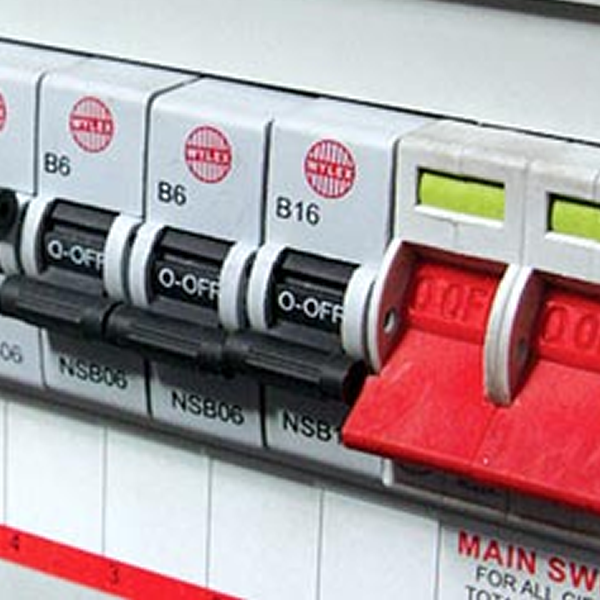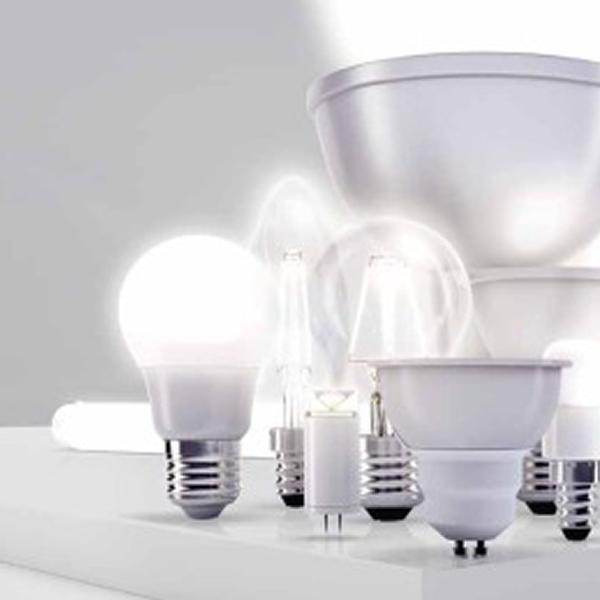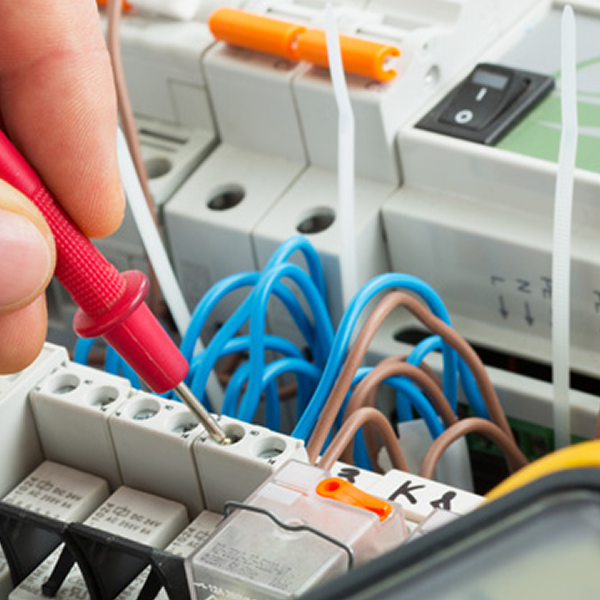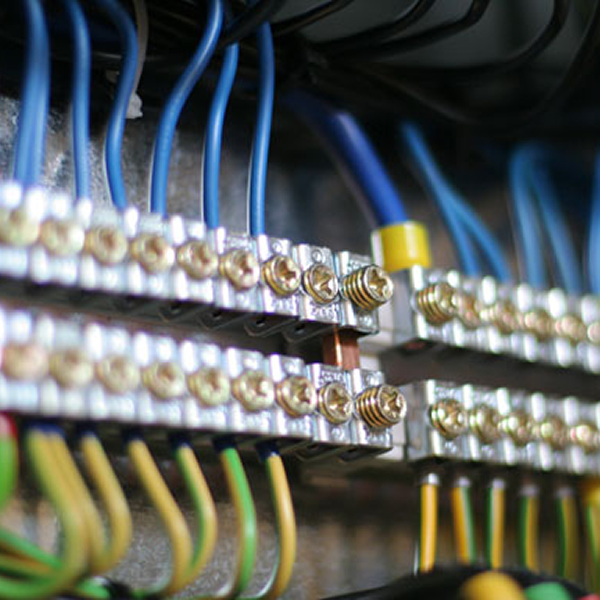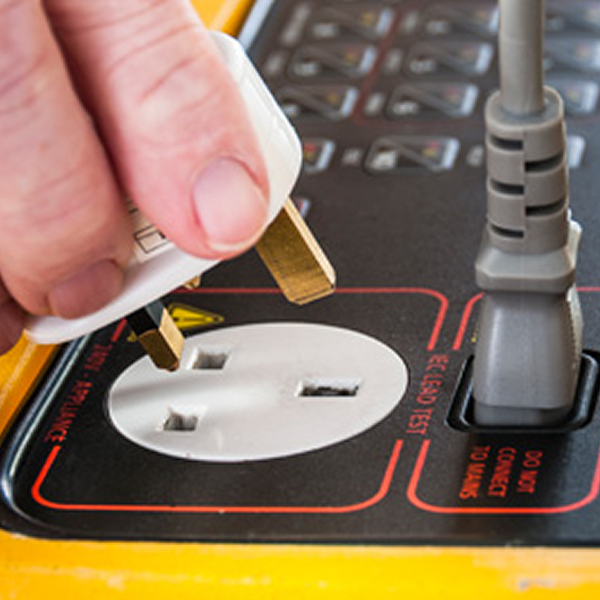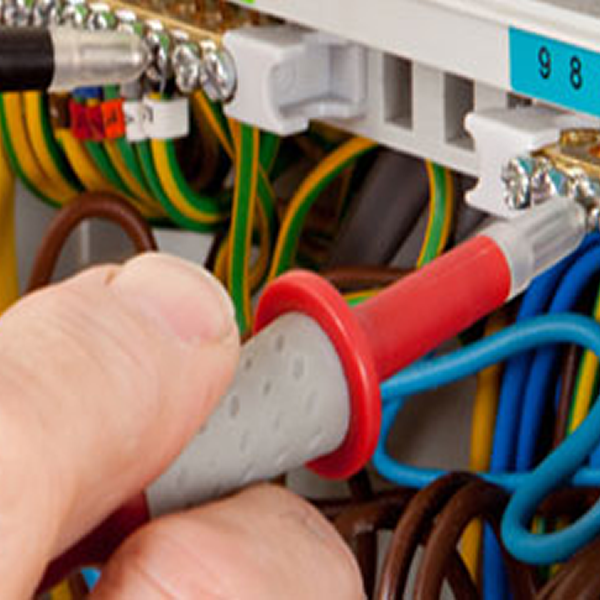Inspection + Certification
Electrical Installation Condition Reports
All electrical installations deteriorate with age and use. They should therefore be inspected and tested at regular intervals to check whether they are in a satisfactory condition for continued use. Such safety checks are commonly referred to as ‘periodic inspection and testing’. Once completed you will be issued with an Electrical Condition Report (EICR).
A periodic inspection will:
- Reveal if any of your electrical circuits or equipment are overloaded.
- Find any potential electric shock risks and fire hazards.
- Identify any defective electrical work.
- Highlight any lack of earthing or bonding.
Tests are also carried out on wiring and fixed electrical equipment to check that they are safe. A schedule of circuits is also provided, which is invaluable for a property.
Recommended periods between inspection:
- 10 years for an owner-occupied home
- 5 years for a rented home
- 3 years for a caravan
- 1 year for a swimming pool
Electrical installation certificate & Minor works certificate
These are certificates issued when Upon completion of any new electrical work, modifications to the existing installation or additions to existing installations. The certificate confirms that the work has been designed, built, inspected and tested to the UK national standard BS 7671 and should be kept as a record of works carried out upon the installation.
Part P Certification
We register all notify-able works with the relevant controlling local authority upon completion of works and request the issue of a part P building regulations certificate to be supplied to the customer to document that all works have been carried out with relevant regulations in force at the time. These certificates can be requested by solicitors when selling a property
PAT Testing
Portable appliance testing is vital to protect your business and its employees.
We offer a comprehensive PAT testing programme to ensure that our customers comply with their obligations regarding on-site equipment safety. Electrical safety obligations are not limited to businesses, of course; landlords are also responsible for ensuring the regular testing of all appliances they provide for their tenants. All portable appliances with a mains plug require testing.

